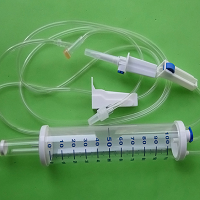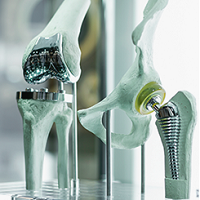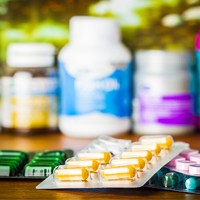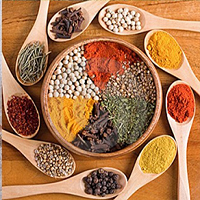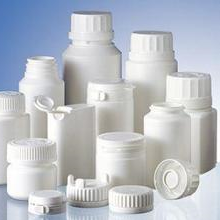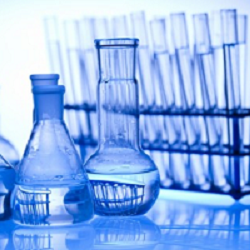Lifetime
Added Value
Gamma rays used in the decontamination and sterilization of products
have a very wide application, ranging from medical devices to
pharmaceutical products, packaging, preserving works of art and food
products (eg plants and spices).
In this way, the treated products have an added value.
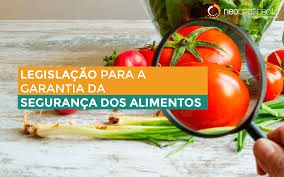 Among the notorious
benefits of gamma irradiation, we can highlight the following:
Among the notorious
benefits of gamma irradiation, we can highlight the following:
- reduction of post-harvest losses, caused by premature ripening, germination or growth;
- disinfestation of fresh fruits and stored products;
- increasing the shelf life of food;
- reduction of microorganisms responsible for deterioration;
- reduce the risk of foodborne diseases, by destroying pathogenic microorganisms (trichinosis, salmonella, toxoplasmosis, campylobacter, tapeworm, etc.);
Note: According to FAO, more than 40% of the fruits and vegetables produced are wasted during the production, post-harvest and packaging process.
Reliability
The irradiation does not present safety risks for the consumer: it does not leave residues and does not alter structures that could become harmful to health.
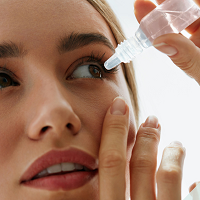
From the point of view of effectiveness, the use of gamma rays makes it possible to treat the products in their final packaging, avoiding their handling (eg eyedrops). Sterilization of medical devices and pharmaceutical products allows processing these products in advance for later application (eg hip arthroplasty, using a prosthesis).
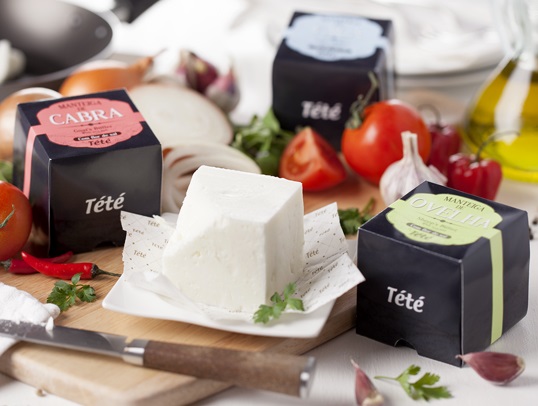
From a nutritional point of view, the losses caused by irradiation are insignificant and can be compared with those seen in other conservation processes, without compromising the quality of the food.

 Lifetime
Lifetime